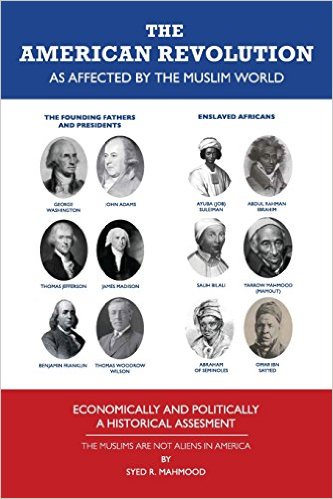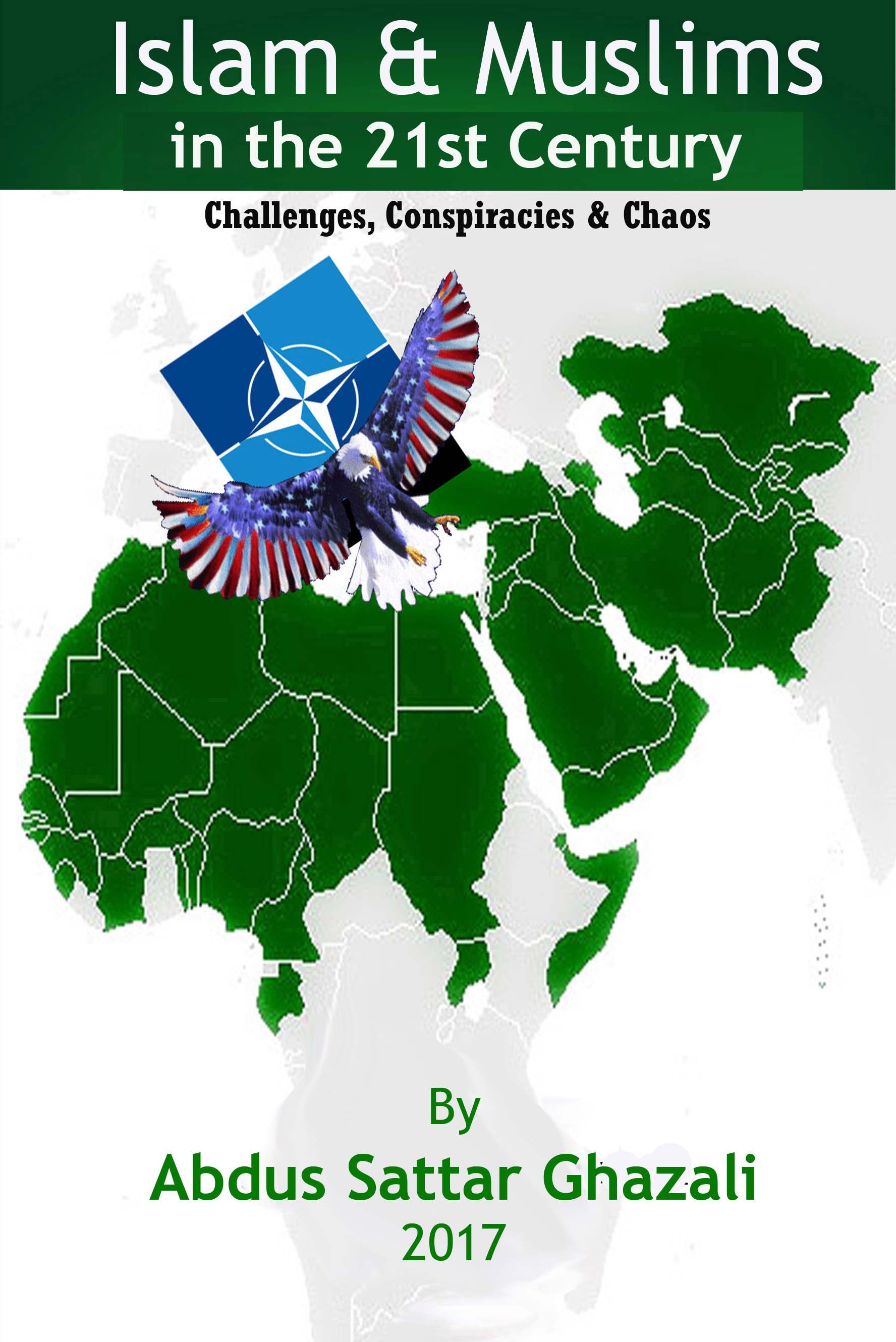AMP Report – August 14, 2020
Arab reaction to the UAE’s recognition of Israel
The 22-member Arab League and Saudi Arabia remained silent on the recognition of Israel by the United Arab Emirates. However, Bahrain, Oman, Jordan and Egypt welcomed the decision while Libya rejected it.
Bahrain
The Gulf Arab island-nation of Bahrain says it welcomes the deal reached between Israel and the United Arab Emirates to establish full diplomatic relations.
Bahrain congratulated the UAE and its leadership for reaching a deal that it said suspends Israeli annexation of Palestinian lands while “taking steps to enhance the chances for Middle East peace.”
That's according to a statement in the state-run Bahrain News Agency on Thursday.
Bahrain, like the UAE, has long been eyeing ties with Israel and hosted a conference for the Trump administration aimed at rallying economic support for his Middle East plan unveiled last year.
Bahrain is the first Gulf Arab country to comment publicly on the UAE-Israel announcement.
Oman
“An official spokesperson for the Ministry of Foreign Affairs expresses the Sultanate’s support for the UAE’s decision regarding relations with Israel within the framework of the historic joint declaration between it and the United States and Israel,” according to a statement published in the official agency, ONA
Jordan
Jordan said that the UAE-Israel deal could push forward stalled peace negotiations if it succeeds in prodding Israel to accept a Palestinian state on land that Israel had occupied in the 1967 Arab-Israeli War.
"If Israel dealt with it as an incentive to end occupation ... it will move the region towards a just peace," Foreign Minister Ayman Safadi said in a statement on state media.
Egypt
Egyptian President Abdel Fattah el-Sisi , a close ally of the UAE, welcomed the agreement.
"I followed with interest and appreciation the joint statement between the United States, United Arab Emirates and Israel to halt the Israeli annexation of Palestinian lands and taking steps to bring peace in the Middle East," el-Sisi said on Twitter.
"I value the efforts of those in charge of the deal to achieve prosperity and stability for our region."
UAE's official agency WAM wrote that el-Sisi called Abu Dhabi’s Crown Prince Mohammed bin Zayed Al Nahyan to congratulate him.
Egypt was the first Arab country to enter normalization and establish diplomatic relations with Israel in 1979.
Libya
The agreement is a form of betrayal, said a top Libyan official.
Mohamed Amari Zayed, a member of the Libyan Presidential Council, told Al-Jazeera TV that "this is a betrayal of the UAE state that doesn't surprise. With its destructive role in Libya, Syria and Yemen, it is a natural result of the embargo imposed on Qatar, Palestine and the independent nations of the region."
Israel is the biggest winner
The Saudi Connection
No matter how one reads the diplomatic deal announced Thursday between Israel and the United Arab Emirates—and there will surely be many supporters and detractors given its historic nature—there is one conclusion that seems irrefutable: Israel was the biggest victor, wrote Bilal Y. Saab, a senior fellow and director of the Defense and Security Program at the Middle East Institute.
If the elephant in the room—Saudi Arabia—joins the diplomatic party, this is when praise for the deal should be doubled and even tripled. Saudi Arabia, not the UAE, is the biggest prize for Israel in terms of diplomatic recognition. And it is Saudi Arabia, not the UAE, that traditionally speaks for the Muslim world and whose king is the Custodian of the Two Holy Mosques. The Arab domino effect will happen the moment the Saudis get on board. If or when they do, the code of broader Arab-Israeli security cooperation will finally be cracked, Saab wrote in Foreign Policy.
It’s also worth recalling that the Saudis are in a totally different position from the Emiratis when it comes to Israel. The deal involved minimal risks for the Emiratis domestically. Not so for the Saudis. If the regime embraces Israel prematurely—without there being a peace agreement between the Israelis and the Palestinians that settles the issue of Jerusalem—the Saudi people might revolt, or at least the country’s clerics would, and that is something Mohammed bin Salman simply cannot afford, Saab argued and added:
“All the young crown prince has focused on since launching his transformative project dubbed Saudi Vision 2030 is limiting the role and authority of the kingdom’s conservative sheikhs. Even the perception of giving up Jerusalem to Israel could catapult the influence of the clerics to new heights. It might even bring back extremist militancy, which wreaked havoc in the country in 1979 and then again from 2003 to 2004.”
According to Kamel of the Eurasia Group Saudi Crown Prince Mohammed bin Salman will inevitably follow the UAE’s lead but that will take longer as “his society is more conservative and succession politics adds a layer of complications. However, Riyadh will eventually move in a similar direction, albeit at a slower pace and with hesitation given the risks.”

The Journal of America Team:
Editor in chief:
Abdus Sattar Ghazali
Senior Editor:
Prof. Arthur Scott
Special Correspondent
Maryam Turab
Your donation
is tax deductable.



